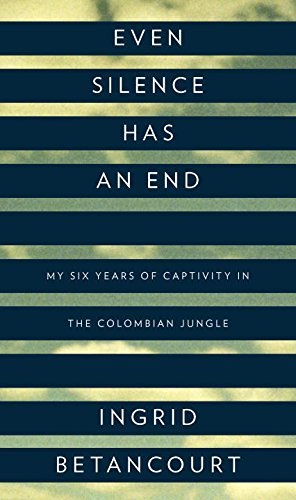What do you think?
Rate this book


544 pages, Hardcover
First published May 1, 2008
In captivity, I discovered that my ego suffered if I was denied what I wanted ... I observed a transformation in myself that I did not like. And I liked it even less because of the fact that I objected to it in others.
My heart hardened as I listened to Guillermo, because I condemned in him what I did not like in myself. My eyes were opened to the importance of remaining humble wherever the wheel of fortune has placed you. I had to be taken to the bottom to understand this.
In this condition of the most devastating humiliation, I still possessed the most precious of liberties, that no-one could take away from me: that of deciding who I wanted to be.